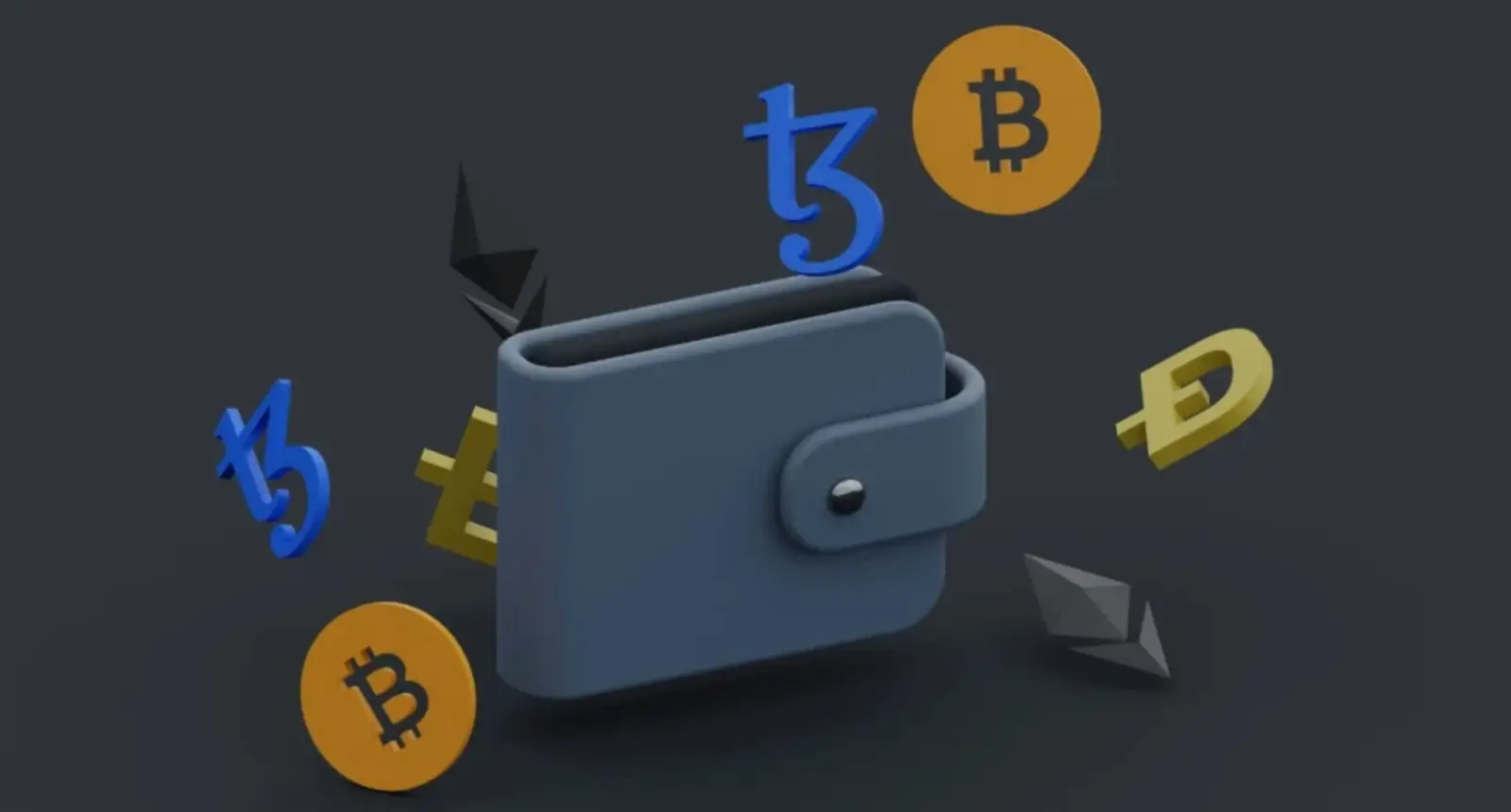Blockchain technology and cryptocurrencies are renowned for their security promises.
Despite this, numerous incidents have occurred where investors and traders have lost their crypto holdings due to various reasons such as poor private key management, hacked exchanges, and phishing scams.
In the world of Bitcoin and crypto, you essentially become your own bank. Unlike traditional banking, if digital currencies leave your wallet, there’s typically no way to retrieve them. No insurance is available.
Therefore, ensuring the security of your crypto assets is imperative.
Your Cryptocurrency is Only as Secure as Your Wallet
Users must understand that threats to their cryptocurrency come not from the blockchain itself but from their wallets or exchanges. Information, including your private key, can be tracked and accessed by hackers at the provider level.
With the increasing number of cryptocurrency users, competition among digital wallet providers is intensifying.
It’s crucial to be selective about the wallet you use. Only use cryptocurrency wallets from reputable companies with proven track records. You can explore our trusted crypto wallets guide or check the top seven non-custodial crypto wallets.
Beyond selecting a reputable wallet, there are several measures you should take to secure your Bitcoin and other cryptocurrencies. Here are nine essential tips to follow.
Don’t Put All Eggs in One Wallet: Also, Use Cold Storage
It’s wise to avoid storing all your cryptocurrency in a single wallet, whether hot or cold storage.
Distribute your assets across multiple wallets to minimize risk if one is compromised.
Cold storage devices are highly recommended as they are not connected to the internet, making them almost impossible to hack unless phishing scams are involved. Popular brands include Trezor and Ledger.
Be Careful With Your Mobile Device and PC
Many cryptocurrency wallets offer mobile applications, which hackers often target.
To secure your mobile-based wallets, consider the following:
-
- Avoid using public Wi-Fi, as hackers can breach connected devices.
-
- Disable auto-updates for apps and devices, but keep them updated for security patches.
-
- Utilize a 2-Factor Authenticator (2FA) like Google Authenticator for an extra security layer.
-
- Password-protect your device to secure apps and 2FA in case of theft.
-
- Avoid auto-saving crypto-related passwords with browsers or password managers.
-
- Protect your devices with up-to-date antivirus software.
If you’re an active trader, consider using a separate device exclusively for cryptocurrency activities to minimize risk.
Service Safety
Before servicing your device, ensure your cryptocurrency is securely transferred elsewhere.
Never leave your device unattended or lend it to others, even if trusted, to prevent accidental security breaches.
Backup Your Wallets
Always store private keys offline and maintain offline backups to prevent unauthorized access.
Consider storing a backup of your keys outside your home for emergencies like fires or natural disasters.
Your bank’s safe could be a secure backup location, but always have easy access to your private keys.
Beware of Phishing Scams
Phishing scams have become more prevalent in the cryptocurrency space.
Beware of fake ads, applications, and phishing domains that mimic legitimate services.
Once a private key is compromised, funds can be quickly drained. Stay vigilant and verify the authenticity of websites and apps before use.
We reported an incident where a user lost nearly $80,000 due to a fake app mimicking the Exodus crypto wallet.
Double-Check the Destination Address
Always verify the address before sending transactions, as sending to the wrong address can result in permanent loss.
Malicious software can alter copied addresses, so consider sending a micropayment first to confirm the address.
Check the URL Locks
For web wallets, ensure an SSL security mark is present in the browser’s address bar, indicating encrypted browsing.
Look for URLs starting with HTTPS and a lock icon next to the address.
Avoid Storing a Large Portion of Your Crypto on Exchanges
Even with insured exchanges, avoid storing large amounts of crypto there, as hacks and law enforcement actions can jeopardize your assets.
Remember, not your keys = not your bitcoin!
Only keep what you need for trading on exchanges to minimize potential losses.
Keep Your Holdings Private
The $5 wrench attack highlights the risk of revealing your crypto holdings.
Keep your cryptocurrency ownership private to avoid becoming a target.










